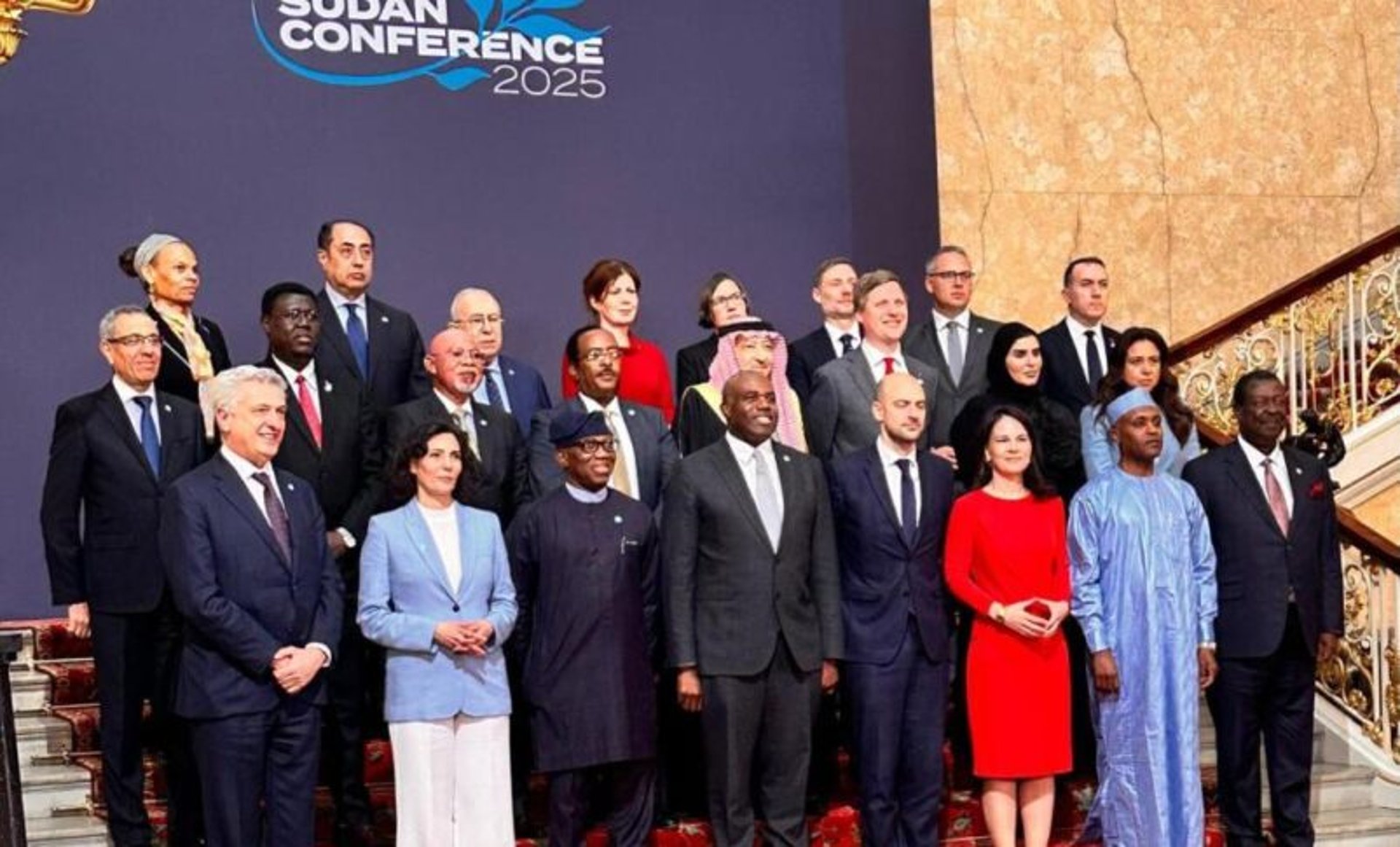Sudan Peace Talks Will Fail Without Sudanese Voices at the Center
The recent London conference on Sudan’s conflict concluded without a final agreement, yet another missed opportunity to move the country closer to peace. The gathering, attended by key international and regional actors including the UAE, Egypt, and Saudi Arabia, failed to break the deadlock over critical issues such as a ceasefire and transition to civilian rule. But more glaring than the diplomatic discord was the absence of Sudanese voices, those most directly affected by the devastating war. This is not a new mistake. International conferences and donor-led summits have too often sidelined local actors in favor of geopolitical calculations and top-down negotiations. In the case of Sudan, where civilians have borne the brunt of atrocities, displacements, hunger, and the collapse of services, it is both unjust and ineffective to continue peace discussions without their full participation. Sudanese civil society, grassroots organizations, women’s groups, and professional associations have demonstrated courage and clarity throughout the conflict. They have a stake in peace and a vision for a democratic Sudan. Excluding them risks producing agreements that lack legitimacy, ownership, or sustainability. The international community should take a hard look at its past interventions in countries like Somalia and the Democratic Republic of Congo. Peace processes that exclude the people they claim to serve have consistently failed to deliver long-term stability. Temporary ceasefires or power-sharing deals between armed elites may satisfy diplomatic optics, but they do little to address root causes or foster national reconciliation. If the global powers involved in Sudan’s future truly want to see an end to the suffering, they must do more than negotiate with those holding weapons. They must invest in inclusive dialogue processes where the Sudanese people are not spectators but the drivers of peace. Only then can we hope to see an end to this senseless conflict and the beginning of a just, peaceful future shaped by those who have endured its horrors.
Abdirahman Dahir
5/8/20241 min read

